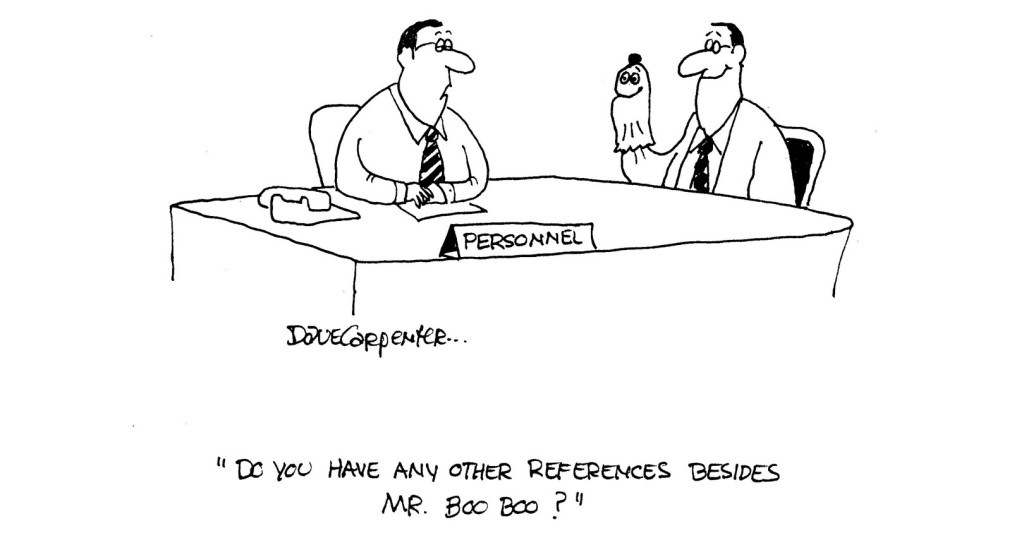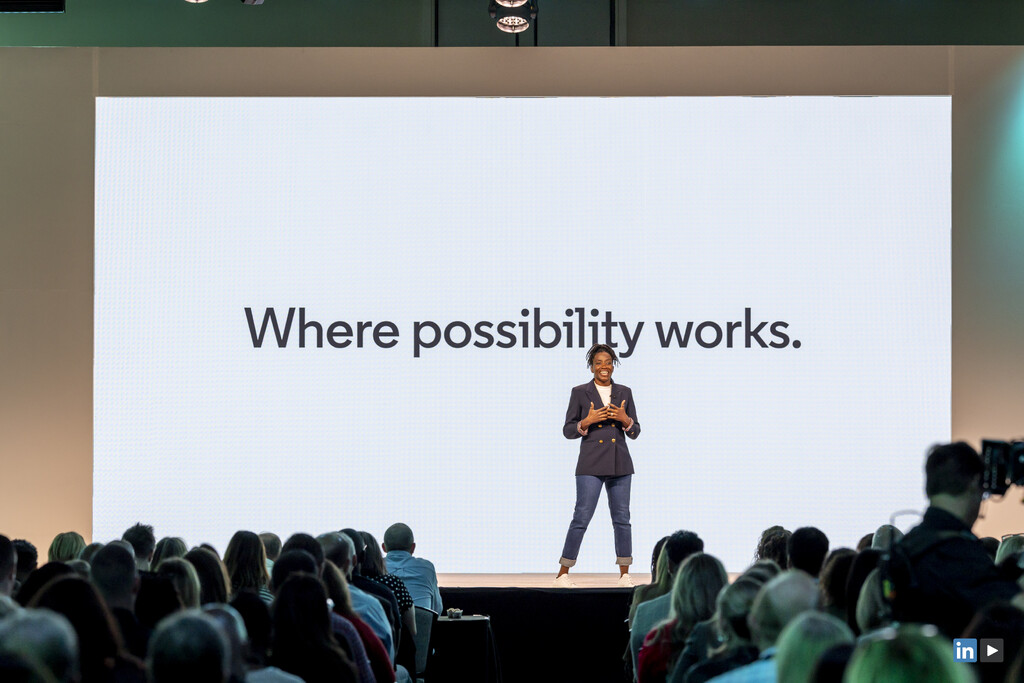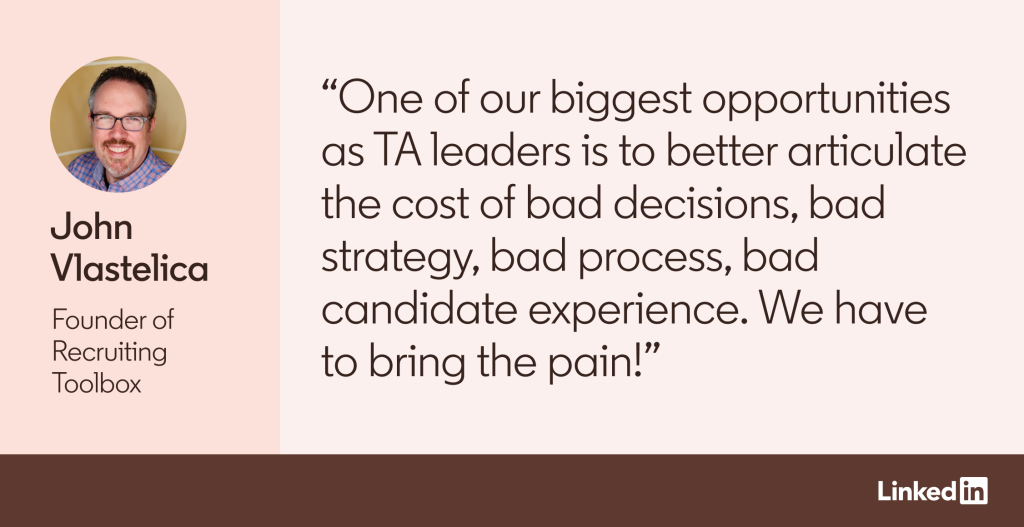1. Tell me about Pat’s role and responsibilities
Start things off by giving Pat’s former manager a chance to get comfortable and start verifying what Pat has already told you. Find out Pat’s job title and responsibilities, when they worked together and for how long, and how closely they worked together.
2. Did Pat have any major accomplishments while working for you?
To some extent, this is a softball question to further relax the reference and to validate claims Pat made in interviews. Starting the conversation off with Pat’s accomplishments can demonstrate their ability to deliver results.
Reference checks aren’t simply a “gotcha” exercise to catch candidates in a fib or exaggeration. They’re a chance to better understand the qualities and skills Pat brings, particularly if Pat’s a humble or introverted person who may have struggled to sell themselves during your interviews.
3. How would you describe the Pat’s overall performance in their role?
This question provides a broad view of Pat’s achievements, work ethic, and overall impact.
Positive feedback should be specific and highlight the candidate’s strengths. Vague answers or negative feedback may warrant further probing. For example, you might follow up by asking how Pat’s job performance compared with their peers to get a relative measure of their impact.
4. How would you rate Pat’s [analytical/communication/leadership/etc.] skills?
This question is essential to get a third party’s perspective on the candidate’s skill match for your role.
To understand which of your required skills would be a strength — and which would be a weakness — have your reference rate Pat on each of your role’s most important competencies. Ask them to use a 1-to-10 scale and provide examples of the times they saw Pat demonstrating that skill.
5. What are Pat’s greatest strengths?
The answer to this question will allow you to calibrate your impressions — based on Pat’s resume, interviews, and work samples — with those of someone who has worked alongside Pat. You’ll also have a chance to see how the response lines up with Pat’s self-assessment, which may offer a clue to Pat’s self-awareness and allow you to calibrate other answers.
6. Are there any areas where Pat could improve?
This question serves a dual purpose. As Pat’s prospective manager, you need to know how to make Pat successful in a new role. The question may also help you determine whether Pat is coachable.
If the reference gives you an answer that is a little cliché — say, “Pat works too hard” or “they care too much” — find out what’s underneath it. Is Pat a perfectionist? Does Pat have a hard time asking for help? If you get a thoughtful answer here and then give Pat a job offer, you’ll have a big head start with insights that might have taken you months or even years to acquire otherwise.
The other purpose of this question is to surface any reasons why you may want to rethink Pat as part of your team. For example, if Pat’s former boss says Pat gets defensive when you give feedback, you might want to consider ending your interview early and moving on to Candidate B.
7. How did Pat demonstrate their commitment to professional development?
Lifelong learning is essential in a rapidly evolving job market. This question evaluates the candidate’s dedication to professional growth. Ask for specific examples of the candidate pursuing learning opportunities, whether self-initiated or in response to feedback.
8. In your experience, does Pat work better alone or with a team?
Some professionals are much better at one than the other. Your team may need someone who can go off on their own and perform magic, or you may need someone who will be the necessary glue for a large project. Make sure Pat will fit your needs.
9. Can you give me an example of a setback or stressful challenge that Pat faced and tell me how Pat dealt with it?
Work — particularly creative and challenging work — is never an endless parade of easy victories. Obstacles are confronted, mistakes made, setbacks encountered. You want to find out whether Pat rises to challenges or simply disappears. Is Pat an exemplar of when the going gets tough, the tough get going?
Do problems unleash Pat’s creativity and collaboration or do they trigger finger-pointing and withdrawal? Try to get your reference to be as specific as possible about the circumstances of a high-stress project, the outcome, and Pat’s response and behavior when tested.
10. Did Pat receive any promotions while at your company?
If Pat was promoted, that generally bolsters Pat’s candidacy. If not, make sure you push to understand why — no open positions, low internal mobility, stronger internal candidates (a possible red flag), missing skill set.
11. On a scale of 1 to 10, how would you rate Pat compared to other people you’ve hired?
“You want to hear 8, 9, or 10,” writes author Jeff Hyman in his book Recruit Rockstars. “Anything less than an 8 is a red flag, because they’re likely being generous.” If Pat’s an 8 or 9, what would it have taken for Pat to be a 10?
12. Why did Pat leave your company?
Like your opening question, this one allows you to validate what Pat has already told you.
13. Would you rehire Pat?
This is the million dollar question, so listen carefully. A positive response indicates a strong endorsement, while hesitation or a negative response warrants further exploration. For example, the reference may simply prefer to hire entry-level talent or work in a different industry now.
14. Is there anything else I should know about Pat?
This open-ended reference question gives your candidate’s former manager the opportunity to share any additional information that may not have been covered. This can provide valuable insight around how the reference truly views the candidate. An overall positive response likely means that the reference holds your candidate in high regard, while a more negative or ambivalent response could mean they hold some reservations about the candidate.
Final thoughts: A strong reference check can help you hire the right candidate
With embellishment, embroidery, and even outright lying being possibilities during the interview process, well-executed reference checks can be truly beneficial.
But this shouldn’t merely be seen as a chance to trip up your candidate. A real conversation with a former supervisor can have other benefits. For example, it can level the playing field for an introverted candidate. As the Financial Times asked in an article headlined “Introverts Pose a Problem for Hirers,” how “can employers persuade introverts to blow their own trumpets about how they prefer not blowing their own trumpets?”
For a hiring manager, a strong reference interview can also give you an enormous head start on managing a new employee.










